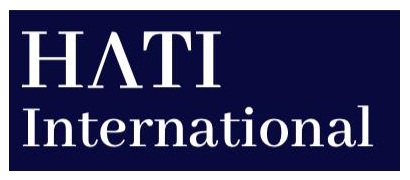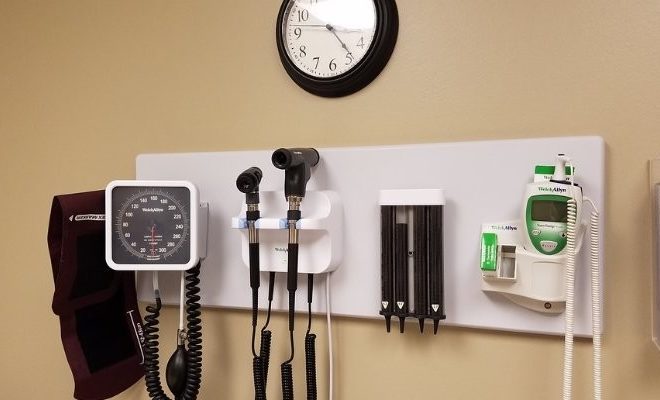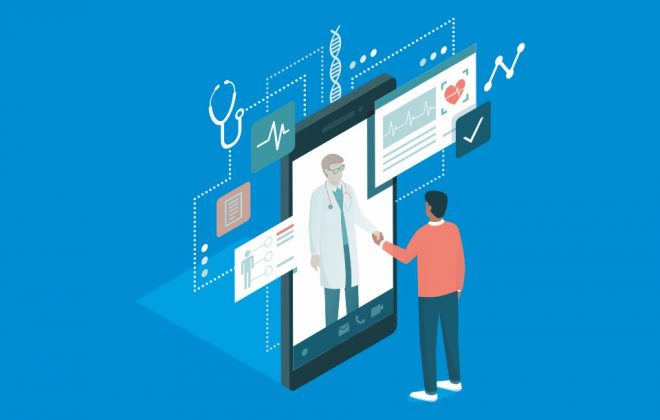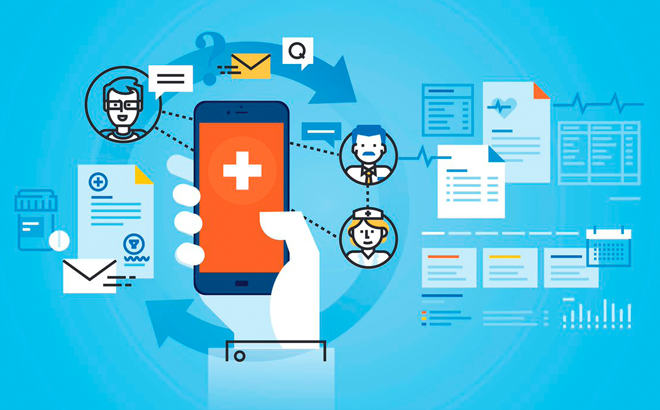The Growing Case for Precision Medicine
Precision medicine, also known as personalized medicine, is an emerging science that is focused on prevention of a disease whereby treatments are prescribed based on an individual’s genetic traits, environment, and lifestyle. This treatment finds its usefulness in the treatment of various diseases, especially cancer…
Technology in Healthcare – a Long and Continuing History
Over the past few decades, technology has been transforming the way multiple industries function, to enhance the lives of millions. Of all these industries, healthcare is an example of how advancements in technology can change the lives of millions. The healthcare industry evolved hand in…
Here Is How Predictive Analytics Can Improve Healthcare
Is technology worth anything if it does not solve an important problem or save lives? The healthcare industry has been keen to look towards technology to improve care and better hospital outcomes. Over the past couple of years, given the immense and tangible benefits new…
Reasons Why Your EMR Implementation Could Fail
The adoption rate of EMR systems in the medical fraternity has been quite low in spite of its benefits being marketed, which include improving the safety and quality of patient care. Lack of readiness among healthcare organizations and resistance among physicians to adapt to change…
Electronic Health Records and Hospital Information Systems – What Do You Really Need?
The number of healthcare providers and hospitals using electronic health records and Hospital Information Systems (HIS) has grown drastically over the years. According to research reports, 98% of the hospitals have demonstrated the meaningful use of EHR systems and the global EHR market on the…
How mHealth Is Transforming Doctor-Patient Engagement
The evolution of mobile technologies is transforming the way physicians engage with their patients. An increasing number of physicians today leverage smartphones, mobile apps, texts, and e-mails by incorporating them into their healthcare practices. With the use of smartphone solutions, today it’s possible for patients…
Key Considerations for Selecting the Right EHR for your Hospital
Most hospitals are adopting EHR systems in anticipation that it will improve quality of patient care and result in efficient practices. Adopting an EHR system is a major investment for hospitals that can pay large dividends in the long-run. But a wrong selection could prove…
What Do Doctors Look for in A Healthcare Technology Solution?
Doctors are increasingly adopting healthcare technology tools to help them save time and improve the service that they provide to their patients. Given that a doctors’ schedule is very tight, they would certainly appreciate a healthcare tool that is flexible, cost-effective, easy to use and…
Why Your Specialty Hospital Needs a Specific EHR (and Not a Generic One)
The benefits of adopting EHRs by hospitals is a well-known and well-discussed subject, but in-spite of the benefits and the availability of EHR systems for many years now, its adoption and usage are found to vary widely across countries. Interestingly, hospitals and physicians that use…
Here is Why I am Excited about Malaysian Health Transformation Initiative
Malaysian health has come a long way since its independence in providing health care to its citizens. In Malaysia, the Ministry of Health (MOH) is the main provider of healthcare services to its citizens. The government provides services, such as Family Health, Nutrition and Dietetics,…
The Role of Technology in Improving Patient Doctor Relationship
Technology is phenomenally transforming the way we live our lives, consume information, or even do business. Like all other industries, the healthcare industry is also realizing the benefits of using technology to connect with its customers – that is the patients. Healthcare organizations realize that…
The Role of Business Analytics in Improving your Hospital Performance
Today, the healthcare industry is moving rapidly from volume-based reimbursement (fee for a service) approach to a value-based reimbursement (fee for value) approach, which benefits healthcare providers, patients, and payers alike. Healthcare organizations are looking to step up their quality of services at the lowest…











